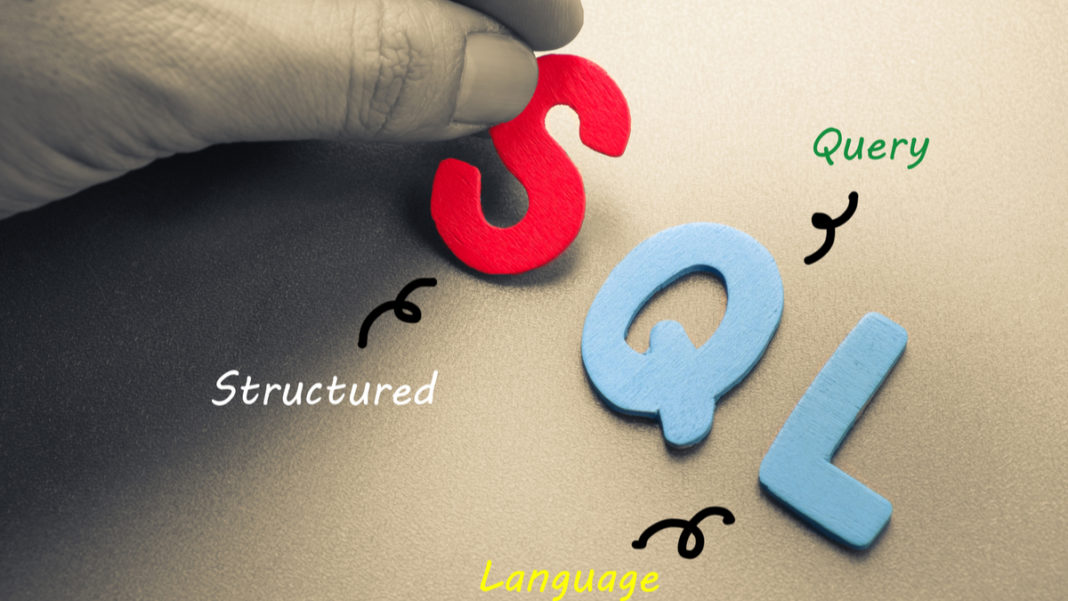Structured Query Language or SQL is mainly used in order to write data, read data, delete databases, modify databases, database creation, perform fetching rows, and manage relational databases. SQL is quite useful when it comes to managing structured data – data used in order to represent relations amongst variables and entities. SQL has been established on tuple relational calculus and relational algebra. A typical database language is MS Access, MySQL. We will discuss SQL and its applications in Machine Learning in this article. The best machine learning course will deal with SQL.
What is the use of Structured Query Language in Machine Learning?
Exquisite features have been released by SQL servers which aid to run R language scripts and Python with relational data. Just like data partitioning that assists in getting the benefits of making smaller objects and files to manage them and in keeping all the work in a single place, with time, SQL servers, too, have been delivering new features. While retrieving the data and evaluating the data flow by SQL statements, with the aid of normalized tables, we can enhance our efficiency of work via Data Partitioning. You can take an SQL course to understand this better. An SQL course curriculum would also include its use in Machine Learning.
What are the applications and operations of SQL?
Some of the applications of Structured Query Language are listed below:
- To delete columns and rows of data in a database
- To update data
- To add data
- To write data integration scripts
- For analytics applications, retrieving subsets of data within a database
- Transaction processing
- Running and setting analytical queries
Operators
Within the WHERE clause of the SQL statement, programmers use the SQL operators. In order to filter the information in proper conditions, this portion of the statement is used. Now, let us list down the different kinds of operators of Structured Query Language:
- String – This is used to match strings with the help of == signs.
- Logical – This comprises operators that create logic for every condition, such as OR, NOT, BETWEEN, ANY & AND.
- Compound – This comprises operators with signs like *=, -=, +=, and so on.
- Comparison – This comprises operators that measure equality, that is, less than, greater than, and equal to.
- Bitwise – This comprises the Exclusive OR, OR, AND & Bitwise operators.
- Arithmetic – This comprises basis divide, multiply, subtract and add operators.
Final Thoughts
Being among the massive technologies, Structured Query Language or SQL has a very prosperous future since it is constantly releasing new features in order to grow itself in all the fields. However, in future, the aspects of SQL would not be restricted to computer science solely. It would also include public services, healthcare, finance and every possible field. After all, each company needs a database in order to manage the data of their customers. Therefore, there are limitless reasons due to which one should opt for the best machine learning course and SQL or Structured Query Language course for efficient and fast data analysis.
Also Read: Is A Masters In Data Science Worth It?


